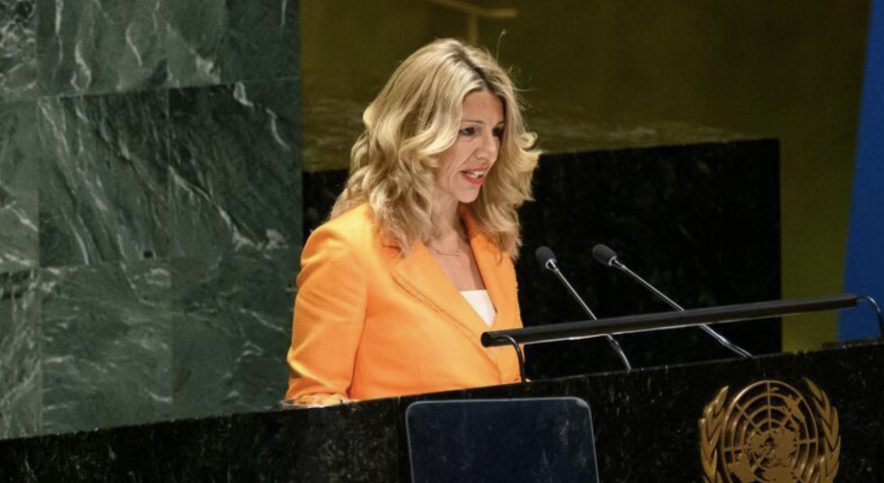By Rebecca Harvey
The United Nations has adopted the first Resolution on promoting the social and solidarity economy (SSE) for sustainable development.
The Resolution was adopted at the UN’s General Assembly on 18 April, and follows events organised in July and December 2022 at the UN Headquarters in New York.
SSE is defined by the resolution as “enterprises, organisations and other entities engaged in economic, social and environmental activities, which serve the collective and/or general interest.”
It adds that these activities are based on the principles of “voluntary co-operation and mutual aid, democratic and/or participatory governance, autonomy and independence and the primacy of people and social purpose over capital in the distribution and use of surpluses and/or profits”.
The resolution will coexist with existing UN resolutions on co-operatives in social development, ??adopted since the 1950s.
The International Cooperative Alliance (ICA) has been an observer of the UN Task Force on the SSE and, in 2020, published its position paper – Cooperatives as a key constituent of the social and solidarity economy – supporting the UN resolution. The ICA says it welcomes the resolution as an “important step in mainstreaming and enhancing the international dimension and profile of the SSE”.
“This is a historic moment for the SSE family,” said Ariel Guarco, president of the ICA. “The co-operative movement has been one of the main institutional pillars constituting the SSE ever since its origins in the 1830s, and has been actively engaged in the modern revival of the SSE concept.
“We believe the resolution will be a key instrument in increasing the visibility of the SSE and providing the opportunity for a focused exchange of knowledge and learning by member states, guiding UN agencies on SSE priority areas of work and documenting our contributions to sustainable development.”
The resolution recognises how the SSE can contribute to the Sustainable Development Goals (SDGs), and encourages UN member states to promote and implement national, local and regional strategies, policies and programmes for supporting and enhancing the SSE.
It also calls on multilateral, international and regional financial institutions and development banks to support the SSE, and requests the secretary-general to prepare a report in collaboration with the UN Inter-Agency Task Force on SEE on the implementation of the present resolution, taking into consideration the contribution of the SEE to the achievement of the 2030 Agenda for Sustainable Development.
Iñigo Albizuri Landazabal, president of Cicopa (the International Organisation of Industrial and Service Cooperatives) said the organisation sees the resolution as “an important achievement”.
“We hope that the UN member states will adopt an inclusive approach and make use of it to develop adequate support measures and legal frameworks for all co-operatives, including worker and social co-operatives,” he added. “It is essential to recognise that co-operatives operate in all sectors of the economy, including industry, and provide a huge contribution to the achievement of multiple SDGs.”
The resolution was also welcomed by Shaun Tarbuck, CEO of ICMIF (the International Cooperative and Mutual Insurance Federation), which is a founding member of the International Coalition of Social and Solidarity Economy (ICSSE).
“This is a historic moment for the social and solidarity economy sector,” Tarbuck said. “We hope that the resolution will be a key factor in increasing the visibility of mutuals, cooperatives and other SSE organisations.”
He hopes that, as recommended in the resolution, “UN Member States will adopt an inclusive approach and will make use of it to develop adequate support measures and legal frameworks for all mutuals and cooperatives, especially those in the insurance sector. We believe it is essential to recognise that mutuals and cooperatives provide a great contribution to the achievement of many of the Sustainable Development Goals but many countries do not yet recognise these models.”
A French member of ICMIF – MAIF – was represented at the UN General Assembly by its president, Yves Pellicier, and head of public pffairs, Stéphane Tisserand, who had been asked to accompany the official French delegation which was led by Marlène Schiappa, Secretary of State for the Social and Solidarity Economy and Associative Life.
